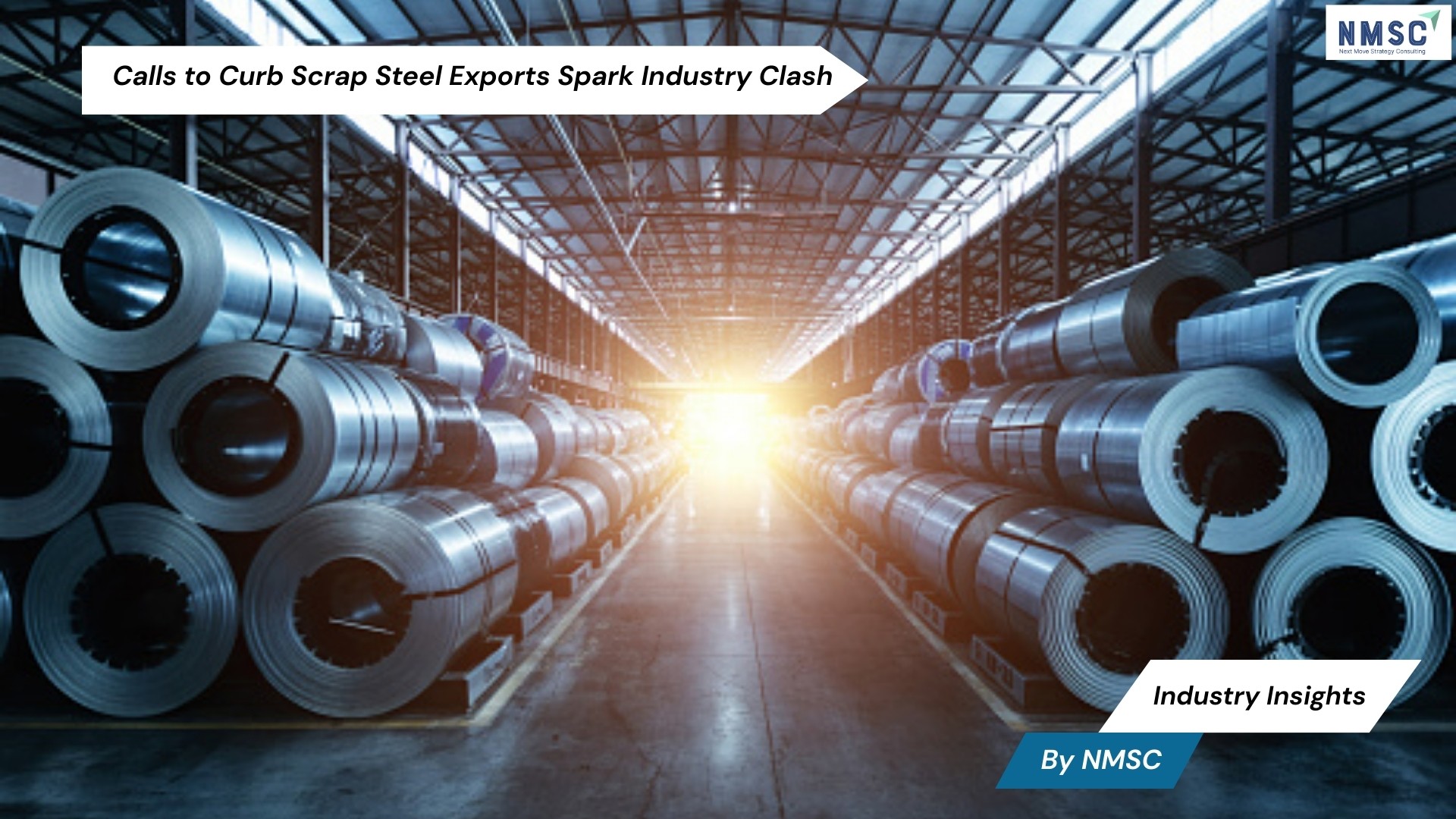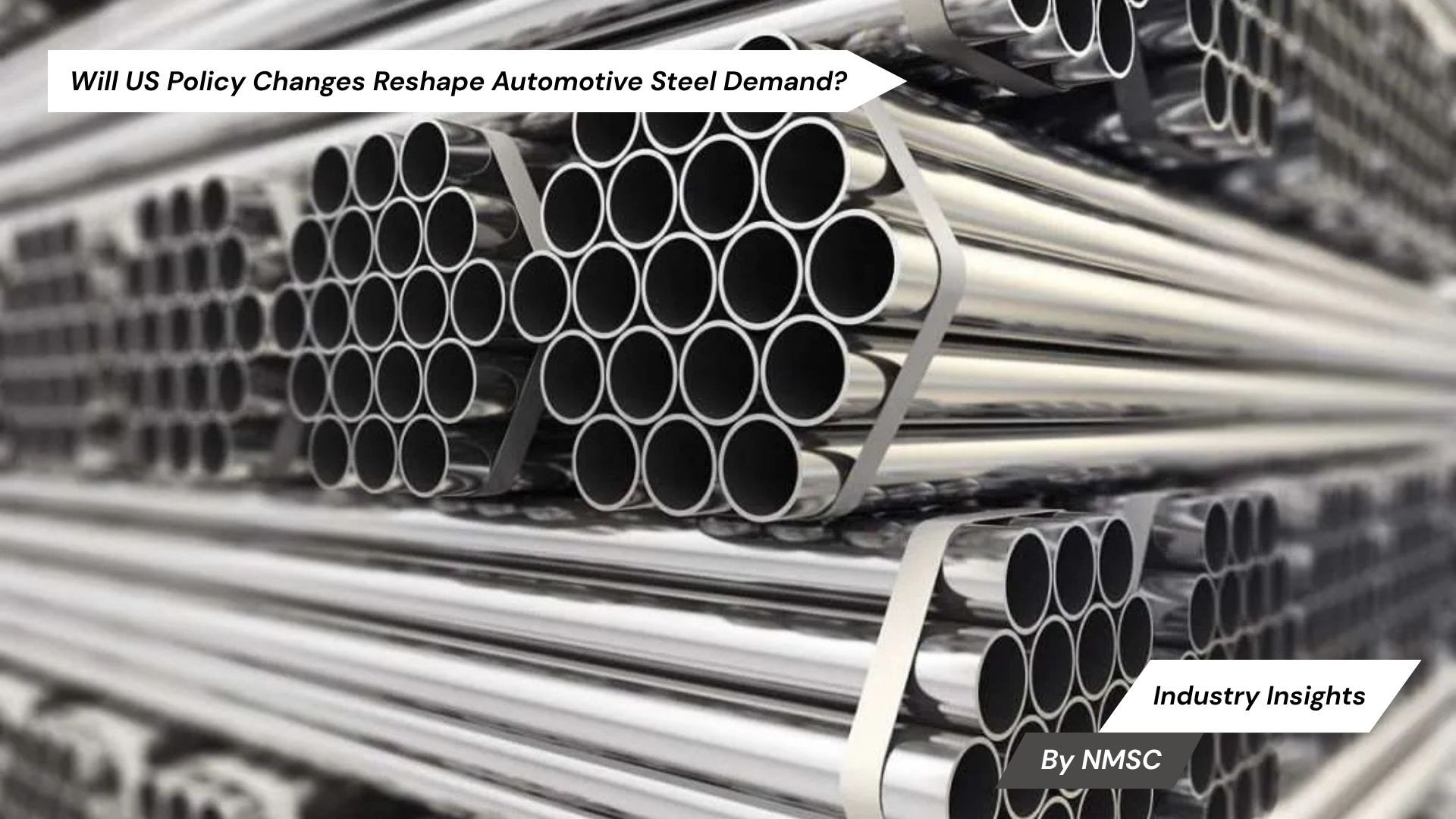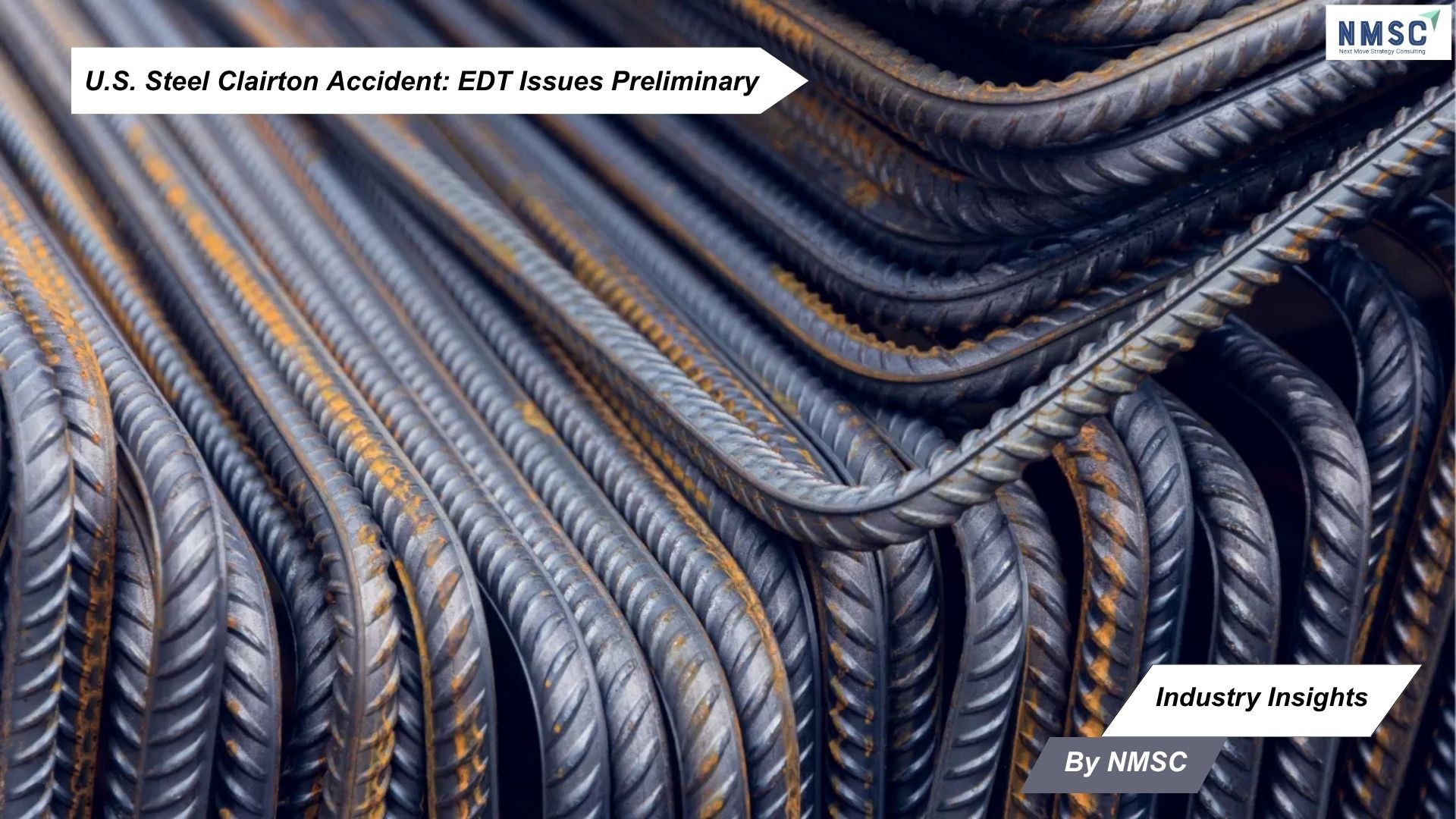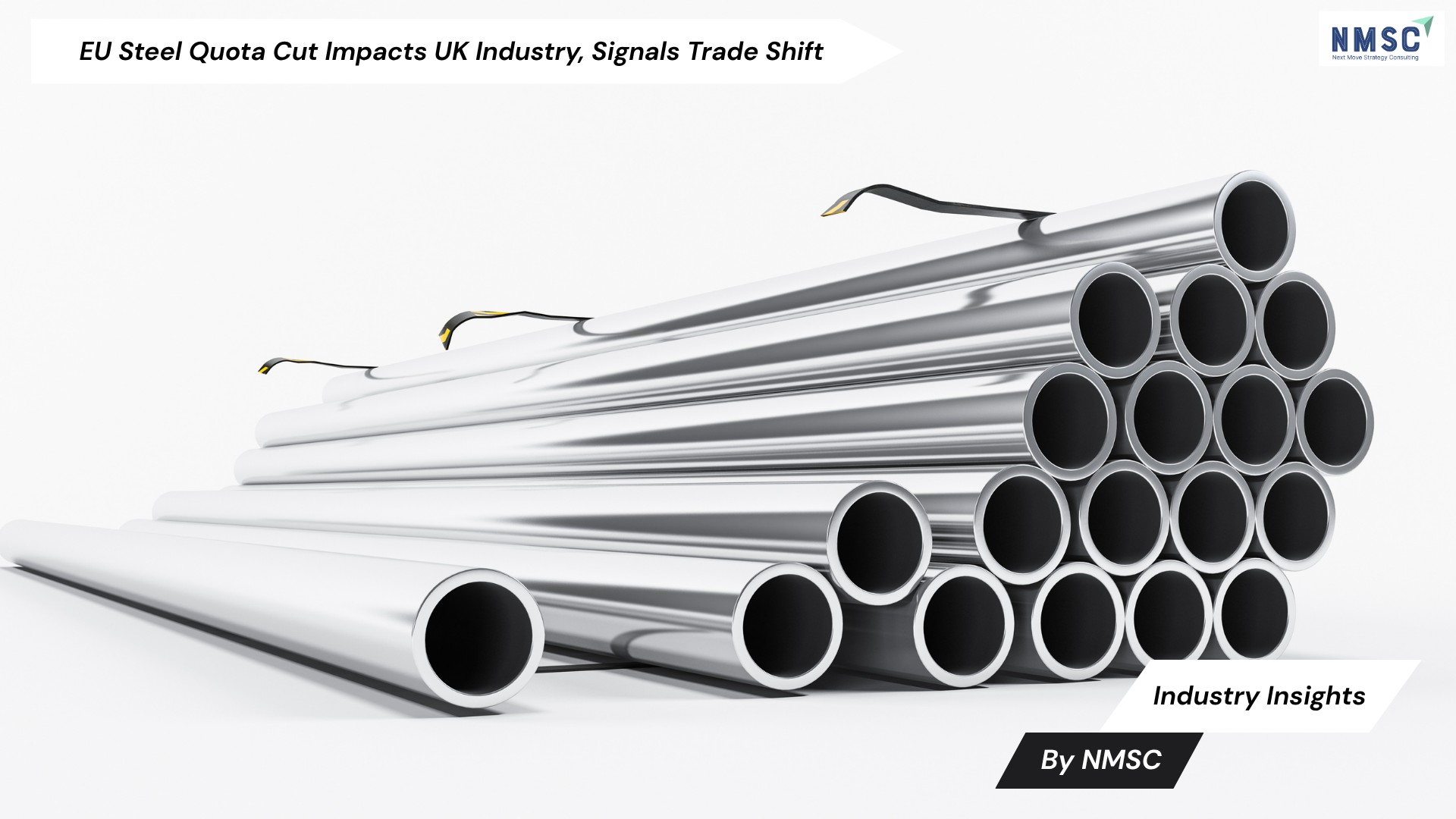Calls to Curb Scrap Steel Exports Spark Industry Clash
Published: 2025-08-26

Industry Insights from Next Move Strategy Consulting
A growing divide has emerged within the UK’s industrial landscape as steelmakers and metal recyclers lock horns over the future of scrap steel exports. At the heart of the debate is whether restrictions should be imposed to retain scrap for domestic furnaces transitioning to greener technologies.
A Tipping Point for UK Steelmaking
The majority of the 5.6m tonnes of steel produced in the UK in 2023 originated from Port Talbot and Scunthorpe, where traditional blast furnaces dependent on iron ore dominate production. Both sites, however, are set to adopt electric arc furnaces (EAFs), which recycle scrap into new steel with significantly lower carbon output.
Currently, four-fifths of the UK’s scrap steel — drawn from end-of-life vehicles, infrastructure, and buildings — is exported abroad, often to be processed in overseas EAFs. With domestic demand expected to surge by 70% as early as 2027, UK Steel, a leading lobby group, has urged the government to limit scrap exports to non-OECD countries, citing the need to secure higher quality scrap for the industry’s net-zero transition.
Economic Concerns from Recyclers
The British Metals Recycling Association (BMRA) has pushed back strongly, warning that restrictions could erode the sector’s competitiveness. An analysis by Sheffield Hallam University suggests gross value added from recycling could halve under such measures.
James Kelly, Chief Executive of BMRA, cautioned that curtailing exports would jeopardize £5bn in economic activity and risk as many as 20,000 jobs. “Exports are the lifeblood of the UK metals recycling industry and global demand for recycled steel is set to rise dramatically,” he said. “Curtailing exports would be shortsighted and could see the UK miss out on significant growth for an already large industry that currently directly employs over 15,000 people and delivers £9bn GVA per annum.”
Balancing Sustainability and Trade
“Free and fair trade is a cornerstone of the UK steel industry,” the spokesperson said. “What is needed is a proportionate system of environmental regulation to ensure that wherever UK scrap is exported, it is processed to the same high standards we uphold here.”
Strategic Outlook
As Port Talbot, owned by Tata Steel, prepares to switch on its EAF by 2027, demand for scrap is projected to triple by 2050 compared with 2023 levels. The outcome of this policy debate will therefore play a defining role in shaping both the UK’s industrial competitiveness and its path toward greener steelmaking.
According to Sheffield Hallam’s Prof Will Eadson, “Careful thought must be given to any measures which seek to restrict overseas trade – we can see clearly how quotas and bans may lower exports, but at a cost to the overall value of the sector.”
Source: The guardian
Prepared by: Next Move Strategy Consulting
















Add Comment